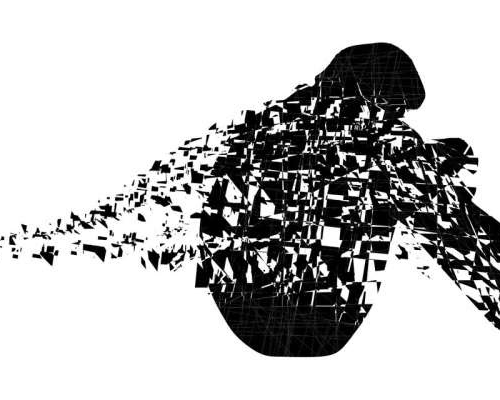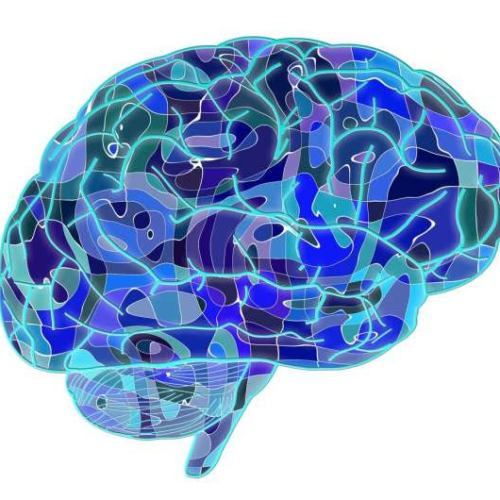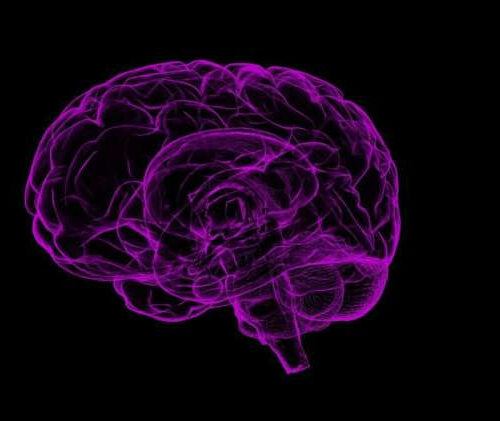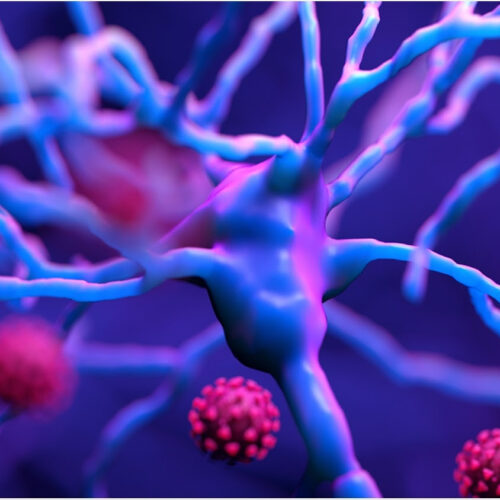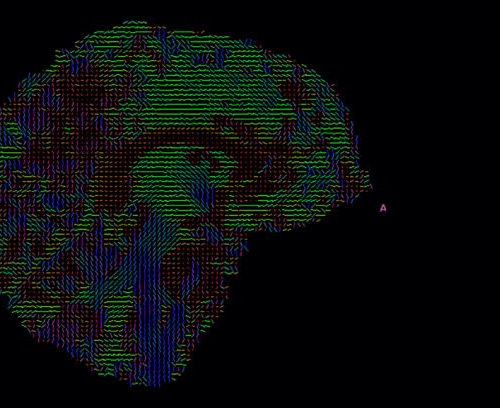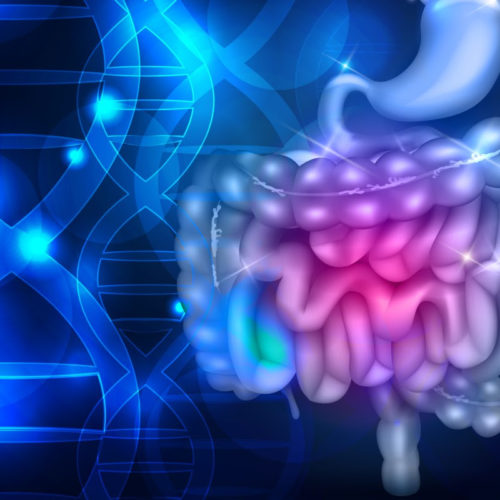by José Tadeu Arantes, FAPESP More than 700,000 people take their own lives every year worldwide, according to the World Health Organization . Credit: Gordon Johnson/PixabayIn an article published in the journal Psychiatry Research, Brazilian scientists describe a number of molecular alterations found in the blood and brain tissue of individuals who committed suicide. According...
Tag: <span>brain tissue</span>
First 3D-printed functional human brain tissue grows like the real thing
By Paul McClure Researchers have 3D printed brain tissue that grows and functions like regular brain tissueYan et al./UW-Madison Researchers have used a novel technique to 3D print brain tissue whose cells developed into functional neurons that communicated with each other in a matter of weeks. They say the approach could be used to study healthy...
Striking changes to metal levels discovered in brain tissue of patients with Huntington’s disease
by Mike Addelman, University of Manchester Credit: Pixabay/CC0 Public DomainScientists from The Universities of Manchester and Auckland have discovered widespread differences in metal levels in the brains of patients with Huntington’s disease, a type of dementia, compared to a control group with healthy tissue. In a study published in eBioMedicine, the elements, including selenium (a metalloid),...
Medication that protects brain tissue linked to improved stroke survival
by American Heart Association Credit: Pixabay/CC0 Public Domain The neuroprotectant ApTOLL, a medication that may shield the brain from tissue damage, was linked to reduced death and disability among people being treated for stroke when used with standard treatments to restore blood flow, according to preliminary late-breaking science presented February 8 at the American Stroke Association’s...
Alarming COVID study indicates long-term loss of gray matter and other brain tissue
By Michael Greenwood, M.Sc. Jun 18, 2021 There has been extensive evidence of brain-related pathologies associated with COVID-19 disease throughout the pandemic, with “brain fog” and other cognitive defects being reported in the large majority of severe cases, and even otherwise asymptomatic cases widely reporting the loss of the senses of taste and smell. A post-mortem...
Preserving Brain Tissue with Stem Cells
UT Health physicians use supercomputers to interpret results of traumatic brain injury clinical trial. Individuals with traumatic brain injuries, or TBIs, frequently experience the shrinking or atrophying of brain tissue near where the injury occurred, causing additional damage beyond the original harm. If this can be prevented, many could function in the future who cannot...
Parkinson’s discovery implicates “second brain” in the gut
By Nick Lavars A growing body of evidence is forging a stronger and stronger connection between the onset of Parkinson’s disease and the gut. Scientists at Karolinska Institutet in Sweden and the University of North Carolina at Chapel Hill have thrown further weight behind this theory, with an investigation of cellular behavior in the nervous...
Alzheimer ‘tau’ protein far surpasses amyloid in predicting toll on brain tissue
Tau PET brain imaging could launch precision medicine era for Alzheimer’s disease UNIVERSITY OF CALIFORNIA – SAN FRANCISCO Brain imaging of pathological tau-protein “tangles” reliably predicts the location of future brain atrophy in Alzheimer’s patients a year or more in advance, according to a new study by scientists at the UC San Francisco Memory and...
Mice regrow brain tissue after stroke with bioengineered gel
Replacement neurons, blood vessels fill in stroke cavity; gel provides scaffolding In a first-of-its-kind finding, a new stroke-healing gel helped regrow neurons and blood vessels in mice with stroke-damaged brains, UCLA researchers report in the May 21 issue of Nature Materials. “We tested this in laboratory mice to determine if it would repair the brain in a model...

